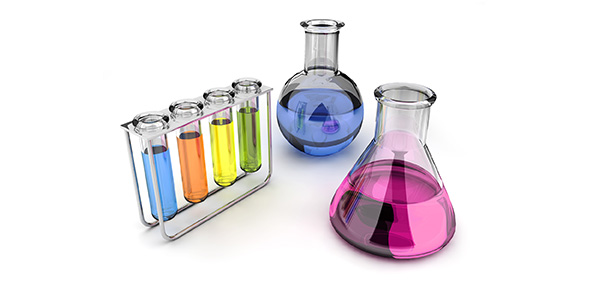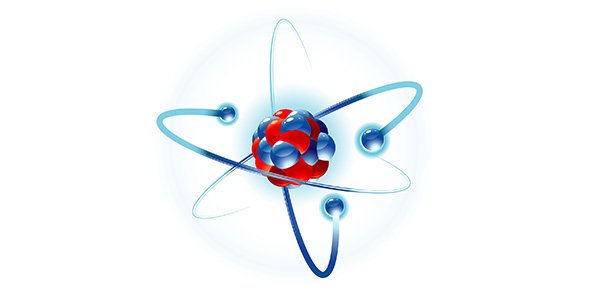Related Flashcards
Cards In This Set
| Front | Back |
|
Based on the idea that particles of matter are always in motion
|
Kinetic-molecular theory
|
|
5 assumptions of kinetic-molecular theory:
|
1. gases consist of large numbers of tiny particles that are far apart relative to their size
2. collisions between gas particles and between particles and container walls are elastic collisions.
3. gas particles are in continuous, rapid, random motion
4. there are no forces of attraction between gas particles
5. the temperature of a gas depends on the average kinetic energy of the particles of the gas
|
|
A hypothetical gas that perfectly fits all the assumptions of the kinetic-molecular theory
|
Ideal gas
|
|
One in which there is no net loss of total kinetic energy
|
Elastic collision
|
|
Spontaneous mixing of the particles of two substances caused by their random motion
|
Diffusion
|
|
A process by which gas particles pass through a tiny opening
|
Effusion
|
|
A gas that does not behave completely according to the kinetic-molecular theory
|
Real gas
|
|
A substance that can flow and therefore take the shape of its container
|
Fluid
|
|
A force that tends to pull adjacent parts of a liquid's surface together, thereby decreasing surface area to the smallest possible size
|
Surface tension
|
|
The attraction of the surface of a liquid to the surface of a solid
|
Capillary action
|
|
The process by which a liquid or a solid changes to a gas
|
Vaporization
|
|
The process by which particles escape from the surface of a nonboiling liquid and enter the gas state
|
Evaporation
|
|
The change of a liquid to bubbles of vapor
|
Boiling
|
|
The physical change of a liquid to a solid by removal of energy as heat
|
Freezing
|
|
They consist of crystals
|
Crystalline solids
|





